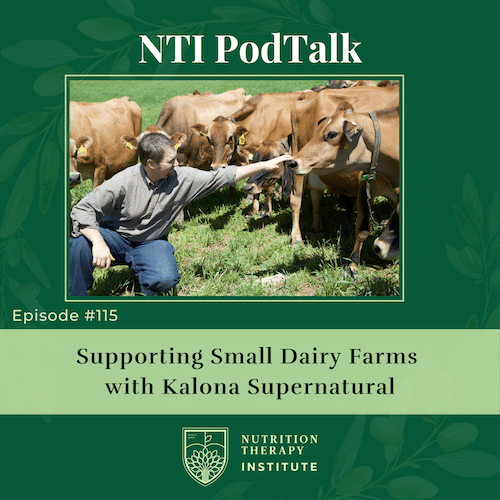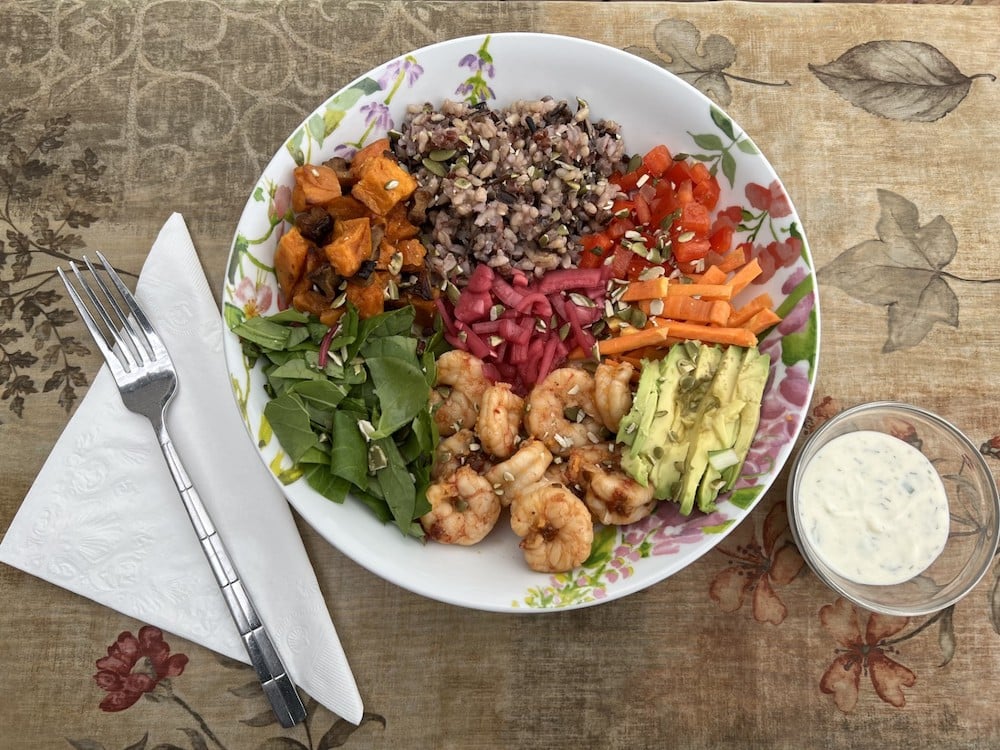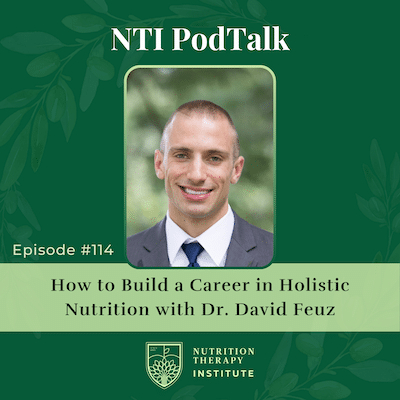
Share this post!
While having a baby is one of the most exciting, life-changing, and awe-inducing events in one’s life, it can also be frightening, daunting, and stressful. Whether you are a first-time mom or raising a basketball team, the physical changes that happen to a woman’s body during pregnancy and childbirth can contribute to emotional distress that manifests as anxiety or depression. The enormous hormonal shift alone can trigger this often debilitating condition. According to Elizabeth Fitelson, M.D., director of the Women’s Program at the Columbia University Department of Psychiatry, “estrogen and progesterone levels increase 10- to 100-fold during pregnancy, then fall to essentially zero within 24 hours of delivery.” Add to that a lack of sleep, increased stress from taking care of a tiny human breastfeeding, and the dramatic change in daily routine, and it’s no wonder the body and mind can struggle to regain balance!
Postpartum depression (PPD) and postpartum anxiety (PPA) have thankfully received more attention in the media in recent years, giving women the courage to speak out about the rollercoaster of emotions they feel after giving birth. According to the American Psychological Association, up to 1 in 7 women struggle with PPD, and PPA is even more common. For some women, the “baby blues” go away on their own with time, but others turn to pharmaceutical drugs and/or counseling to find relief. Thankfully, there are effective nutritional approaches moms can use to address the root cause of PPD and PPA. There is relief in sight, mamas!
Keep taking your prenatals
Nutritionally speaking, pregnancy takes a huge toll on the body. A pregnant woman is essentially building a whole organ (the placenta) AND a human being, and those functions take what they need from the body’s nutritional stores, often leaving the postpartum mom nutritionally depleted. This is why closely spaced pregnancies can be dangerous for both mom and baby. In addition to eating a whole foods diet, prenatal vitamins can help to fill in any nutritional gaps. It has been shown that not taking prenatal vitamins in the first trimester can contribute to worse depressive symptoms postpartum, which demonstrates the importance of nutrition in maintaining good mental health. Lactation places a huge nutritional demand on mothers as well, so breastfeeding moms should be sure to include prenatals in their daily routine.
Make sure your prenatal vitamin contains adequate amounts of vitamin D, iron, and B vitamins (specifically B6, B12, and folate), and continue using it throughout your childbearing years.
A fish oil supplement should also be considered, as deficiencies in EPA and DHA have been associated with postpartum depression, and pregnancy can reduce a woman’s stores of DHA by 50%.
Do a gut check
Serotonin is a neurotransmitter known for creating feelings of happiness and well-being and also plays a role in memory, learning, and the regulation of sleep and appetite. So it makes sense that a disruption in serotonin production could contribute to PPD and PPA. What many people don’t know is that neurotransmitters aren’t just in your brain, they’re in your gut. 90% of your total serotonin is made in the gastrointestinal tract, so a healthy gut helps with maintaining a healthy mood.
If PPD/PPA is accompanied by abdominal pain, diarrhea, gas, constipation, or bloating, it should be a red flag to look at gut health. Dysbiosis (the growth of abnormal bacteria), food allergies, or food sensitivities can all have a negative impact on neurotransmitters.
A good quality probiotic can go a long way in rebalancing the gut. There is even recent research demonstrating that certain strains of probiotics taken during pregnancy and postpartum can reduce symptoms of depression and anxiety.
Mind your minerals
Pregnancy and breastfeeding are particularly draining on a woman’s store of minerals, including calcium, magnesium, zinc, and selenium. Studies have shown that levels of these minerals are lower in those with depression. Prenatal vitamins often contain only small amounts of these minerals because the molecules are too large to fit into combination vitamins (and pregnant women are unlikely to comply with taking upwards of 6-8 capsules daily!).
Eat foods that are high in mineral content like nuts and seeds, beans, lentils, dark leafy greens, seafood, and mushrooms. Bone broth is also an excellent source of minerals and has the added bonus of providing soothing comfort to a new mom.
Modern agriculture methods have stripped farmlands of nutrients in the United States, so our food doesn’t have nearly the same levels of minerals as it did decades ago. For this reason, it may be wise to add a multi-mineral supplement to provide extra insurance.
Thyroid health matters
In some cases, postpartum depression and anxiety can be a sign of undiagnosed thyroid problems. New moms are particularly vulnerable to autoimmune thyroid disease (Hashimoto’s or Graves) because the immune system can overcompensate after childbirth from being suppressed during pregnancy. The chance of developing postpartum thyroid disease is as high as 17% and much higher in women who already have an autoimmune disease, particularly Type 1 diabetes. Hyperthyroidism, which often manifests soon after giving birth, produces symptoms like rapid heartbeat, sweating, difficulty sleeping, and tremors. Once the thyroid is burned out, the body reverts to a state of hypothyroidism, leading to sluggishness, depression, joint pain, and hair loss. Nutrition therapy practitioners can order blood tests to check thyroid status, which should always include checking for thyroid peroxidase and thyroglobulin antibodies, which would indicate if the thyroid disease is autoimmune in nature.
If hypothyroidism is determined to be the cause of postpartum depression, it could be transient or permanent. Several of the aforementioned nutrients (vitamin D, selenium, fatty acids) are helpful in supporting thyroid health.
In some cases, postpartum thyroiditis develops into full-blown thyroid disease in 30% of women, and thyroid hormone supplementation may be necessary long-term.
The Bottom Line
Pregnancy can create deficiencies and imbalances that contribute to PPD/PPA, and nutrition therapy can get to the root of the problem and help with the symptoms. Now if only there was food moms could eat to make babies sleep through the night!
For more information about how to nutritionally address anxiety be sure to read the posts Nutrients to Alleviate Anxiety and Nutrition Therapy for Stress and Anxiety.
More ther postpartum resources: Postpartum Support for New Moms Event and Best Foods for Postpartum blog post
Author: Cadie Berrian, BA, MNT
Image by Jenna Norman is free for use by Unsplash
Share this post!


















